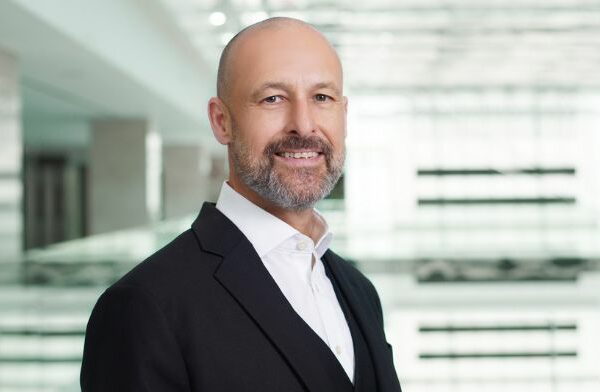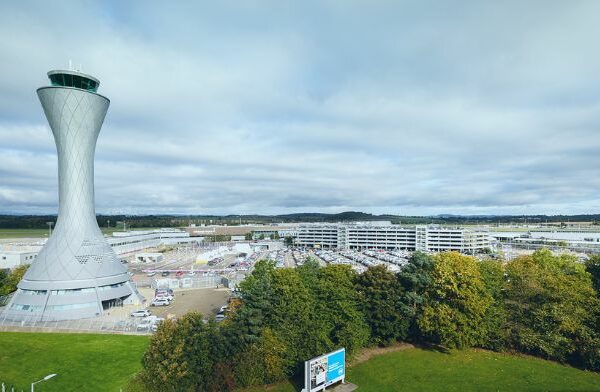


Sustainable fuels technology company and sustainable fuels producer, LanzaJet, has welcomed Shell as an investor to advance the company’s global growth, accelerate the commercialisation of its technology and scale the production of sustainable aviation fuel (SAF).
Shell joins other funding investors including LanzaTech, Suncor Energy, Mitsui & Col, and more recently British Airways, as well as participation from All Nippon Airways. Shell’s investment comes as LanzaJet (which was launched in June 2020) pushes ahead with work to build the first Alcohol-to-Jet (AtJ) facility of its kind globally, a commercial-scale plant (10 million gallons per year capacity) in Soperton, Georgia, US. Freedom Pines Fuels, as the facility is called is on schedule for operations in 2022. The LanzaJet process can use any source of sustainable ethanol for jet fuel production, including, but not limited to ethanol made from recycled pollution, the core application of LanzaTech’s carbon recycling platform.
LanzaJet’s technology is uniquely able to produce up to 90% of its fuels as SAF, with the remaining 10% as renewable diesel. The SAF will be blended with conventional fossil jet fuel and be supplied to airports through existing supply routes. The technology can flex to produce more diesel and less SAF, as required. LanzaJet’s SAF is approved to be blended up to 50% with fossil jet fuel and is a drop-in fuel, which means that no modifications to engines, aircraft or infrastructure is needed. The SAF delivers more than a 70% reduction in greenhous gas emissions on a lifecycle basis, compared to conventional fossil jet fuel.
Commenting on the investment, Anna Mascolo, President, Shell Aviation, said: “LanzaJet’s technology opens up a new and exciting pathwya to produce SAF using AtJ process and will help address the aviation sector’s urgent need for SAF. It demonstrates that the industry can move faster and deliver more when we all work together. Provided industry, government and society collaborate on appropriate policy mechanisms and regulations to drive both supply and demand, aviation can achieve net-zero carbon emissions.”
She added that the strategic fit with LanzaJet is an exciting step forward. “Through our Raizen joint venture in Brazil, we have been producing bioethanol for over 10 years, and we have already demonstrated production of cellulosic ethanol from waste materials. Our access to feedstocks, experience of optimising supply chains and extensive sales and marketing business will hopefully contribute to LanzaJet creating sustainable, robust and scalable commercial operations.”
Jimmy Samartzis, LanzaJet CEO underlined that “We’re now at a point in time when real solutions matter to address the global need to get to net zero. At LanzaJet, we’re in a unique position with technology that is ready and scaling today to produce lower-carbon, sustainable fuels. Shell’s investment and partnership helps to further advance our work to do our part to decarbonise aviation globally, a sector with limited other options in the near- and mid-term.”





